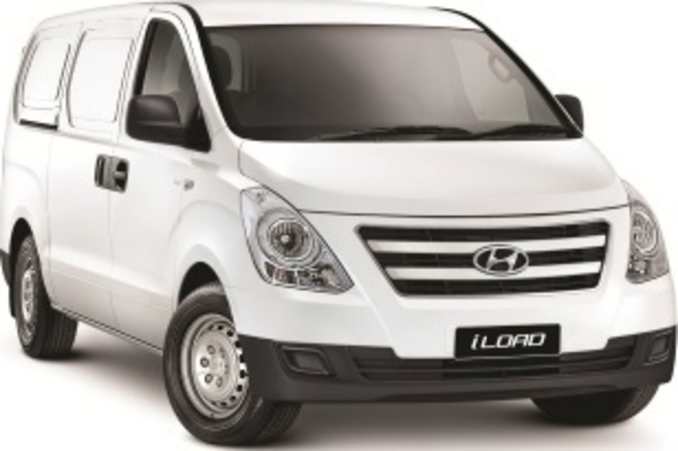All reviews
Browse over 12,000 car reviewsOwner reviews
Read car reviews written by real owners – and write your ownCompare cars
We make it easy to compare design, practicality, value and moreEV
Electric car reviews and advice on range, charging, costs and incentivesAdventure
Off-road car reviews and advice, plus camper trailers, caravans and motorhomesFamily
Family focused reviews and advice for everything family car relatedTradie
Ute and commercial vehicle reviews, including GVM and towing tests, plus related adviceUrban
City-friendly car reviews and advice on compact options, efficiency and parkingLuxury
Luxury car reviews and advice on comfort, tech, performance and ownershipBest cars by category
Latest news
What's happening in the automotive worldConcept cars
The most interesting hints of what's to comePodcast
Watch or listen to major developments, and get to know our experts betterRecalls
What's been recalled and why. Are you affected?Technology
The latest and future car tech from around the worldAll advice
We’re here to help you with comprehensive car adviceEV
Expert advice that’s specific to electric and hybrid carsFamily
Expert tips for travelling with your familyAdventure
How-tos, off-road tips and adventure travel destinationsAsk the guide
Got a question? Our car experts are here to helpUrban
Tips and advice on how to make the most of city lifeTradie
Advice on getting the most out of utes and commercial vehicles for workLuxury
Practical advice for choosing, buying and owning a luxury carSafety
Everything you need to know to keep you and your family as safe as possibleCar dimensions
Everything you need to know when sizing up your new carTowing capacity
Unsure of your car's maximum towing capacity? We've listed all relevant models here.Tyre pressure
Wondering how much air to put in your tyres? Our database has the answerGuides







.jpg)

.jpg)
.jpg)
.jpg)